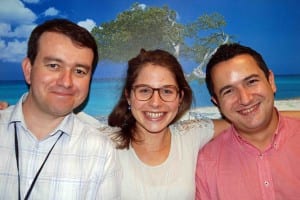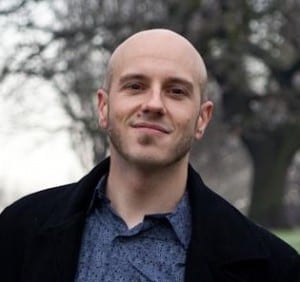Community Navigator Study: Mental health service users wanted to join our working group
By Jake Fairnie, on 31 March 2016
Our new research study is looking for up to 5 people with personal experience of mental health problems to advise on developing and testing a programme of support for mental health service users which aims to increase people’s community connections and reduce loneliness.
Loneliness can affect people in all walks of life. A recent UK survey found that 28% of people wish they have more friends. Most public programmes, such as the Campaign to End Loneliness1, and most research on loneliness, has focused on older people. But there is growing evidence that loneliness has a range of harmful effects on health and quality of life for people of all ages. People with mental health problems report having less contact with family and friends than people in the general population do, and are particularly vulnerable to loneliness. Being lonely increases your chances of becoming depressed, and for people with mental health problems like depression and anxiety, also being lonely reduces your chances of a speedy recovery.
So finding ways to help people develop community connections may be a big help to improving people’s quality of life, and lead to a range of physical and mental health benefits. But this type of help is often not provided in mental health services, where staff time is limited and the focus can be more on medical or psychological treatments. There are a number of innovative projects happening across the country which may help people develop more connections. Community navigation projects help people review activities and places they enjoy, and people they like seeing, then support people in re-establishing social contacts or trying new things and meeting new people. But we lack good research evidence about how effective these projects are or how they may work best for people with different mental health conditions.
A research team from University College London and the McPin Foundation has secured funding from the School for Social Care Research (part of the National Institute for Health Research) for a Community Navigators research study. The study is led by Professor Sonia Johnson and Dr Brynmor Lloyd-Evans at UCL, and will work with mental health services in Camden, Islington and Barnet. Over a 2-year study, we will develop and test a programme of support for people with anxiety or depression using specialist mental health services, to help them increase their community connections and social contact, with the aim of helping to reduce loneliness. The support will be provided by paid Community Navigators. We will work to develop our programme with organisations that already provide this sort of help to people with mental health problems, such as the Wellbeing Enterprises group in Cheshire2. We will also consult people who have used mental health services and staff who work in them. We will see whether adding this support to people’s other ongoing care can be done in mental health services, whether we can evaluate it successfully, and whether it seems to be helpful for people.
The first stage of the study over the spring and summer 2016 will involve planning exactly what the Community Navigators support programme should consist of. We will set up a working group, which can help plan the programme, and stay involved throughout the study to monitor how it’s going and plan how best to evaluate it. The working group is using a co-production approach involving people with mental health problems, practitioners and researchers. We would like to involve up to five people who have personal experience of mental health problems in this working group. At working group meetings, we will provide information about possible ways the programme of support could work, and hear from experts in other organisations. Working group members will then discuss different options for the programme, and make their own suggestions or recommendations. We have set dates for five initial meetings of the working group in Central London.
Tuesday 26th April 2-5pm
Tuesday 10th May 2-5pm
Tuesday 31st May 2-5pm
Tuesday 14th June 2-5pm
Tuesday 28th June 2-5pm
Lived experience working group members will be offered payment for their involvement on the project (at a rate of £15 per hour) and travel expenses will be paid. We welcome enquiries from anyone who has experienced mental health problems. We would particularly welcome input from people who have: experienced depression or anxiety; have used specialist mental health services; and have some previous experience of being an advisor on a research project, or have worked as a researcher themselves.
For an initial discussion and more information about joining the Community Navigators Study Working Group, please contact the study researcher:
Kate Fullarton
tel: 020 7679 9051 k.fullarton@ucl.ac.uk
Please contact Kate by Friday 15th April.
- Campaign to End Loneliness: www.campaigntoendloneliness.org/
- Wellbeing Enterprises: www.wellbeingenterprises.org.uk/
 Close
Close






